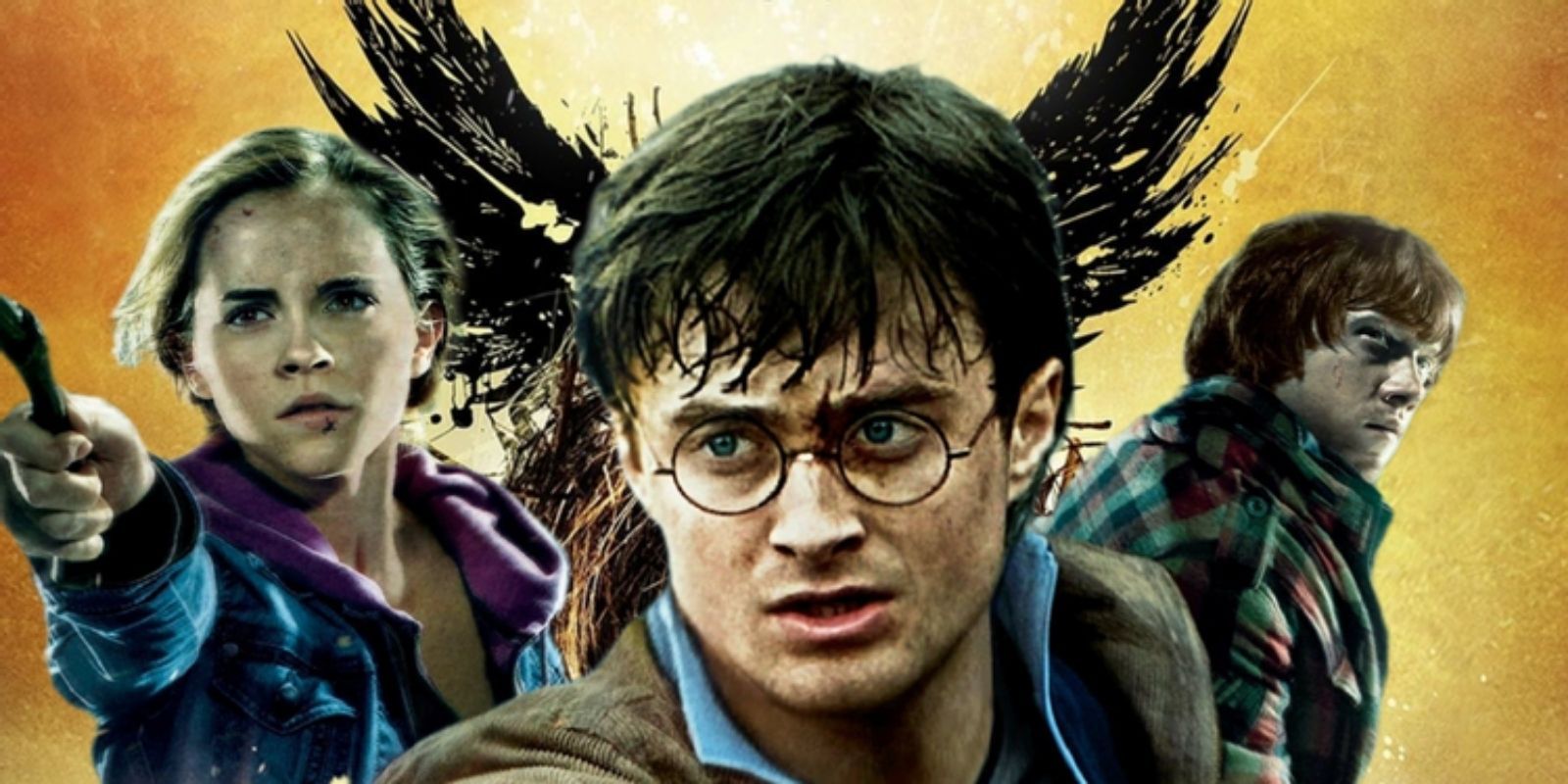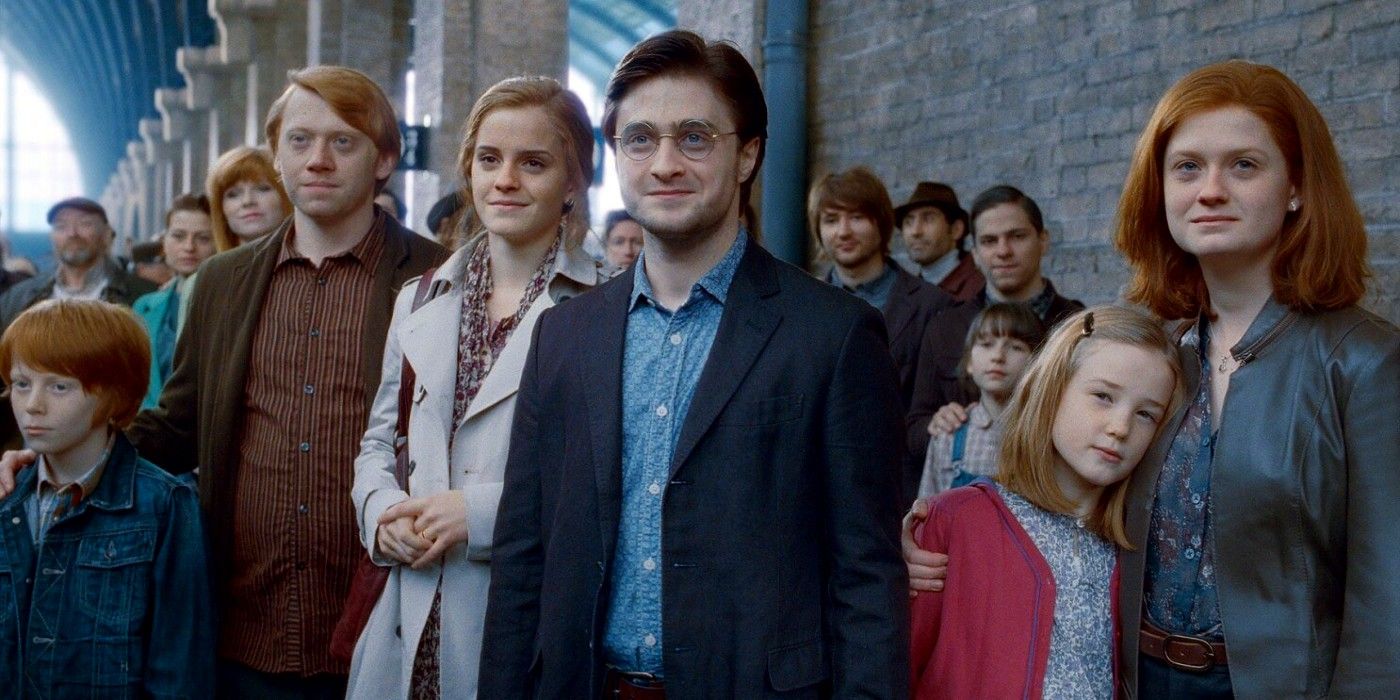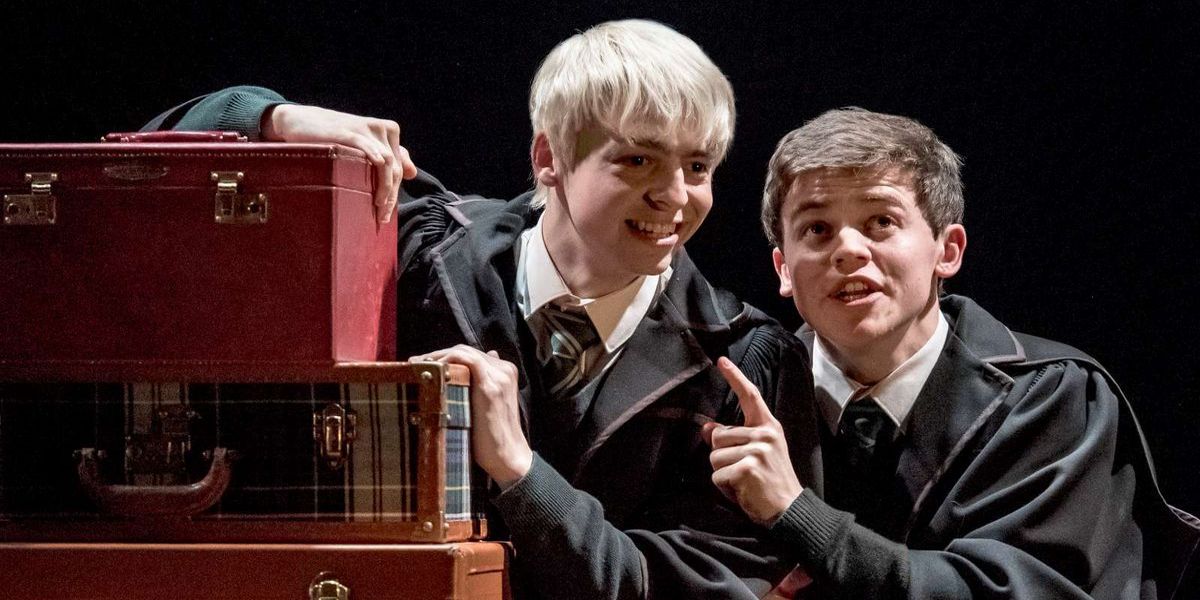The Harry Potter franchise has grown to be one of the most famous and beloved fantasy series. Not only did it spawn seven books and countless spinoffs, but it's also become a hit film series and even a theme park attraction. The mythos of Harry Potter has gone beyond the timeline of the books and will be chronicled in video games that explore Hogwarts over a century before Harry's enrollment. That said, the future of the series had much more story to tackle than any other era -- aside from Harry's story.
Harry Potter and the Cursed Child was the sequel to the original series and followed the adventures of Albus Potter and Scorpius Malfoy. The nature of the script, which became a play, had many changes to its creative process, including more collaborations aside from J.K. Rowling, and as a result, was met with mixed feelings from fans. However, some of its more prominent breaches of continuity and characterizations have since given the story an unfavorable reputation and added to the notion that the story shouldn't be considered canon. But based on some of the story elements, those beliefs may be more accurate as more is uncovered.
What Is Harry Potter and the Cursed Child About?
The story of Harry Potter and the Cursed Child focuses on the first few years of Albus Potter's time at Hogwarts. There, he led a very different life from his famous father, with whom he has a strained relationship. While in school, Albus was sorted into Slytherin alongside Draco Malfoy's son, and the two became fast friends. As the years progressed, a deeper plot emerged teasing the possible return of Lord Voldemort but instead was something far more dangerous.
It's revealed that Lord Voldemort's daughter had orchestrated a plan with Albus and Scorpius to trick them into altering the timeline so that she could be reunited with her father. However, the effects of Scorpius and Albus' meddling with a Time-Turner resulted in an alternate reality where Voldemort had won and everyone's lives were worse for it. In the end, however, Harry and the adults helped their children stop any plans to alter history, and Albus was able to finally bond with his father.
Should Harry Potter and the Cursed Child Be Considered Canon?
As a standalone story, Harry Potter and the Cursed Child is an entertaining and creative dive into the Wizarding World. That said, fans pointed out many elements that proved the installment may work best outside of canon. For starters, there are multiple issues regarding continuity between the original novels and The Cursed Child. For example, in Harry Potter and the Prisoner of Azkaban, it's explained that Time-Turners only allow the user to travel back in time but not forward. That's why it's crucial to wait out the events and return in real time. But in the play, Albus and Scorpius could travel back and forth whenever needed.
Another reason many don't consider the story canon is because of the characterizations that forced some of the most iconic characters to act unlike themselves. A great example of this was Harry telling his son that sometimes he wished he didn't have him as his child. Considering the life Harry had, it's very unlikely he would ever say such a thing to his son as he knew what it was like to be unloved. There's also Voldemort's child with Bellatrix, which should be unlikely as Voldemort couldn't feel love and had no interest in sharing any part of himself with another.
In the end, while Harry Potter and the Cursed Child is a unique look at the Wizarding World, its glaring continuity issues actively hinder the original story rather than add to it and, overall, shouldn't be considered canon.



